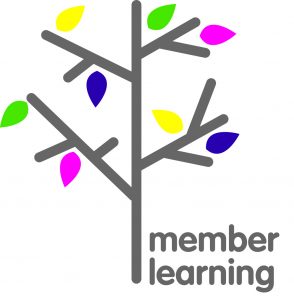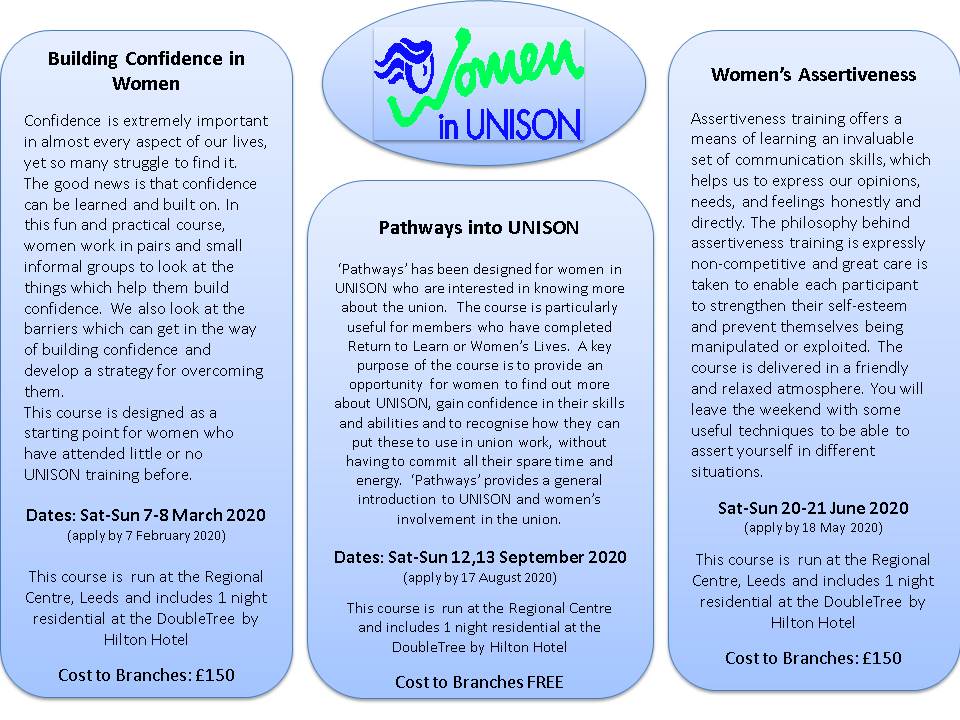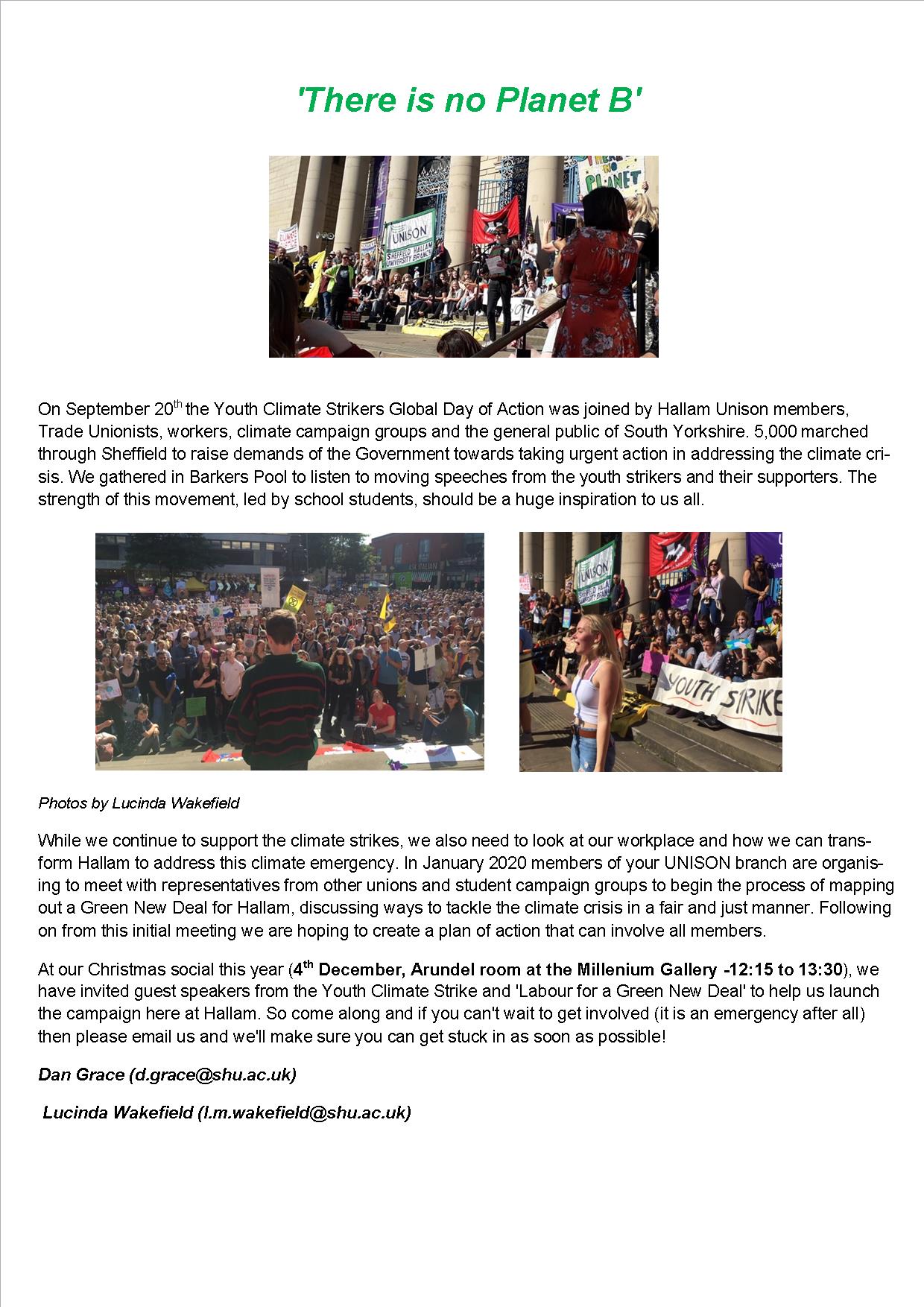 Last year’s staff engagement survey revealed that an alarming number of staff (26%) had experienced or observed bullying or harassment. While most staff said they knew what support mechanisms existed, a significant minority (23%) did not.
Last year’s staff engagement survey revealed that an alarming number of staff (26%) had experienced or observed bullying or harassment. While most staff said they knew what support mechanisms existed, a significant minority (23%) did not.
A working group was set up to develop actions in response to this, and we hope to see concrete actions arising from that. But following discussion at Branch Committee, we thought it was useful to provide more information to help members understand and address the problem.
What is bullying?
The University’s “Dignity at Work Policy”, developed in consultation with UNISON and the other recognised unions, can be found here: https://sheffieldhallam.sharepoint.com/sites/3005/polproc/dignity/SitePages/home.aspx.
It contains widely accepted standard definitions of harassment, victimisation and bullying.
“Harassment” is defined as “any form of unwanted conduct [that] occurs with the purpose or effect of violating the dignity of a person and of creating an intimidating, hostile, degrading, humiliating or offensive environment.”
“Victimisation” is “where a person or group receives less favourable treatment than others because they have referred to or asserted their rights under anti-discriminatory legislation and/or university policies.”
And bullying is “persistent, unwelcome, offensive and intimidating behaviour or misuse of power, which makes the recipient feel upset, threatened, humiliated or vulnerable and undermines their self-confidence.”
The focus of this article is bullying.
Bullying does not have to be physical, it could take the form of spoken or written conduct, or non-verbal behaviours. It could include ‘jokes’ or practical jokes, being shouted at, ridiculed, demeaned, undermined, or subjected to sarcasm or derogatory or inappropriate remarks. Threatening behaviour can be bullying whether physical or psychological, as can overbearing or intimidatory management or supervisory behaviours. However, it is also possible for a manager to be bullied by someone they manage. Bullying can also take the form of systematically withholding information, excluding people from meetings or communications without good reason, the “silent treatment”, or abuse of power.
If the bullying is related to a protected characteristic such as gender reassignment, disability, age, sex, sexual orientation, pregnancy or maternity status, marriage or civil partnership status, race, religion or belief it may be covered by the provisions of the Equality Act, which provides specific protections against harassment.
Of course, some behaviours may be unacceptable without constituting bullying. The Dignity at Work policy includes further examples.
We often speak to members who feel unsure whether the behaviours they have experienced are “OK” or not, and it can be reassuring and empowering to know that what has been happening is bullying and that it is definitely not “OK”. Speak to a Union representative if you have any concerns or want advice about your situation or are unsure what to do.
Bullying is unacceptable
It is important to be clear that all employees have the right to work in a safe environment, and the University is responsible for (and the Policy makes it clear that they are formally committed to this) creating a workplace that is free of harassment, victimisation, discrimination and bullying, and where everyone is treated with dignity and respect.
The Dignity at Work policy states that “The University has a zero tolerance approach across all protected characteristics as outlined above to Bullying, harassment and victimisation which are all disciplinary offences and will be dealt with under the University’s disciplinary policy. Bullying and Harassment can constitute gross misconduct and can lead to dismissal without notice.”
The Policy states that allegations of bullying will be investigated.
What can I do about bullying?
There are several steps that any individual who believes they are being bullied should take.
- Document what is happening. Keep a written or electronic record or diary of the behaviour whenever it happens, whether it’s a big issue or an apparently minor one. Make a note of past incidents too.
- If you feel able to, speak (or write) to the person you believe is bullying you, explain why you think their behaviour is unacceptable and make it clear you would like it to stop. Givce specific examples and explain how they make you feel. Sometimes this is all it takes for the behaviour to stop. Speak to a Union rep for advice on how to do this.
- If challenging the behaviour has not stopped it, or you do not feel able to speak to the person yourself, raise the matter with your line manager (or your line manager’s line manager, if appropriate). Speak to a Union rep for advice if you’re not sure how to do this. We can raise the issue on your behalf, with your permission, or attend meetings with you.
- You can also raise the issue by contacting HR.
- Make use of the employee assistance programme: https://sheffieldhallam.sharepoint.com/sites/3005/polproc/eap/SitePages/Home.aspx?web=1
- If the issue has not been resolved informally, or by management intervention, or if the behaviour is serious enough to warrant immediate formal action, then the University’s grievance procedure can be used. Get advice from a Union rep on how to write and submit a grievance – we can also support and accompany you through the process.
The University’s policy is that bullying allegations are taken seriously and will be investigated. If the investigation upholds the complaint, then disciplinary action can be taken.
It is recognised that it is not easy to raise complaints about bullying, so do seek support from UNISON.
Can I complain anonymously?
Yes. The University will investigate anonymous complaints as thoroughly as possible given the information available. The accused person would be informed that a complaint has been received and given an opportunity to respond. However, be aware that it may not be possible to investigate an anonymous complaint.
Isn’t it just one person’s word against another?
Not at all.
The purpose of an investigation is to come to a conclusion on the balance of probabilities rather than trying to find indisputable proof, which of course may not exist. Notes taken at the time an incident occurred are important evidence, as is evidence that you have discussed the matter with HR, a line manager, or a Union representative or colleague. Emails, text messages and social media posts may exist, as may meeting notes (or the lack of them). There may have been witnesses to some of the behaviour complained of, if not all of it And a person accused of bullying will not necessarily point-blank deny the behaviour, but may seek to justify or explain it away.
If an investigation is unable to uphold a grievance, due to contradictory or lack of evidence, action to deal with conflict between individuals may still be appropriate.
Bullying is unacceptable, but the staff survey suggests it is common but under-reported. UNISON representatives are keen to support members in fighting bullying wherever it occurs and whoever is doing it. Please get in touch if this is happening to you.
For more information see: https://www.unison.org.uk/get-help/knowledge/discrimination/bullying-and-harassment/
 7 July 2020
7 July 2020

 Last year’s staff engagement survey revealed that an alarming number of staff (26%) had experienced or observed bullying or harassment. While most staff said they knew what support mechanisms existed, a significant minority (23%) did not.
Last year’s staff engagement survey revealed that an alarming number of staff (26%) had experienced or observed bullying or harassment. While most staff said they knew what support mechanisms existed, a significant minority (23%) did not.



 If you haven’t used your vote, don’t worry there is still time! The ballot closes on the 30th October.
If you haven’t used your vote, don’t worry there is still time! The ballot closes on the 30th October.



